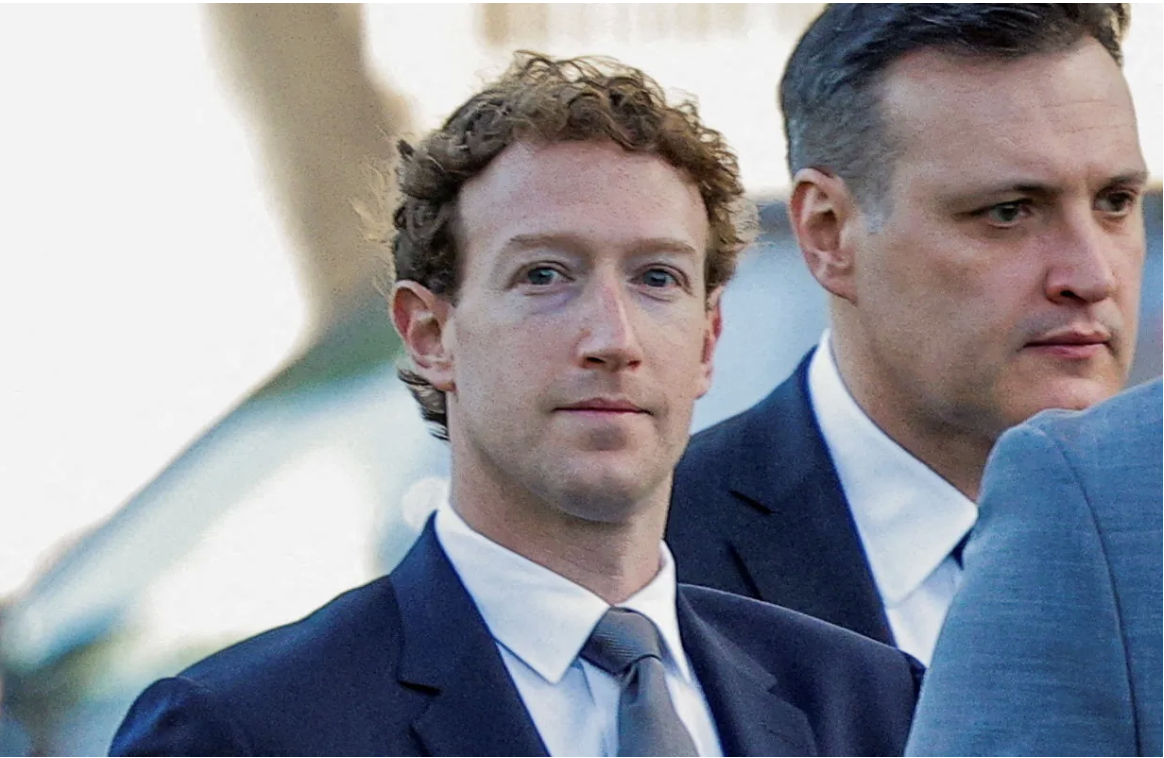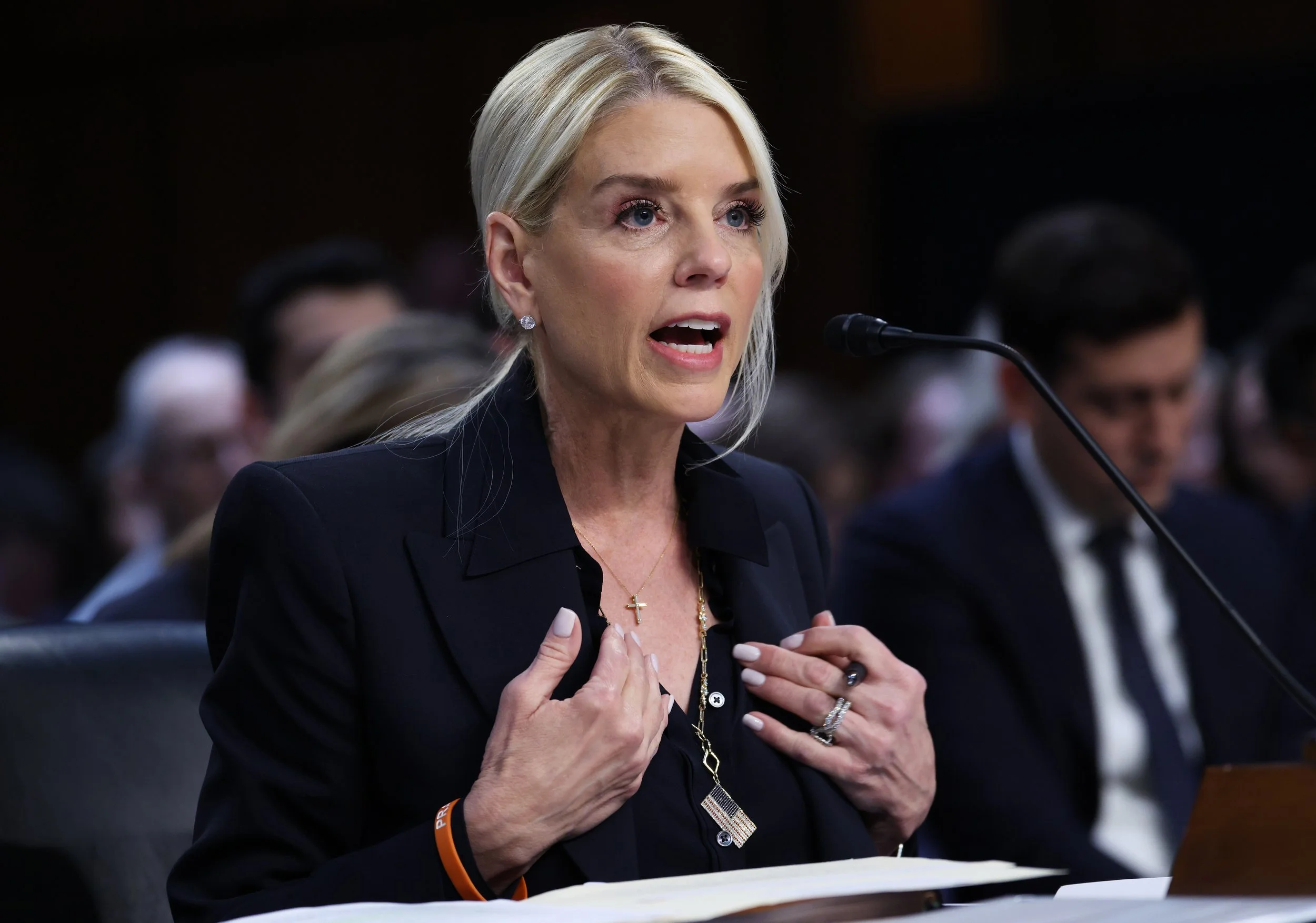Inside The GOP’s Intraparty Fighting Over Proposed Medicaid Cuts
The GOP-led House Budget Committee rejected Trump’s “big, beautiful” budget bill in a 16-21 vote Friday, with five Republicans joining Democrats to sink it.
Ahead of the vote, Trump posted that “Republicans MUST UNITE behind, ‘THE ONE, BIG BEAUTIFUL BILL!’”
99 PROBLEMS & THIS BILL IS ONE
As written, the legislation would add more than $3 trillion to the federal government’s $36 trillion debt over the next decade, due mostly to tax cuts and increased defense spending.
It has caused tension in the GOP, with some members saying the sweeping tax and spending package doesn’t address the federal deficit enough, and others concerned about deep cuts affecting popular programs like Medicaid.
THE MEDICAID DEBATE
For decades, Medicaid has served as a safety net for low-income and disabled people to access health insurance. There are more than 80 million people enrolled in Medicaid nationally.
The GOP bill would massively change the Medicaid program by introducing new restrictions and requirements that would cut federal spending by an estimated $625 billion over the next decade, according to the Congressional Budget Office (CBO).
The CBO says the changes would lead to more than 10 million people losing coverage, and nearly 8 million people going uninsured.
Nearly half of those cuts would come from imposing work requirements that would either disqualify people from the program because they’d make too much money or cause them to stop applying due to bureaucratic paperwork.
This issue, specifically, is fueling tensions within the GOP as House Speaker Mike Johnson’s (R-LA) aims to pass the bill before Congress leaves for a Memorial Day recess.
🎙️ Mo News spoke with Jonathan Burks, the Executive Vice President for Economic and Health Policy at the Bipartisan Policy Center, who says the divide among Republican lawmakers reflects a shifting GOP electorate, as more of the party’s constituents rely on Medicaid.
Some Republicans, like Sen. Josh Hawley (MO) called the move "reverse class warfare,” accusing the bill of hurting the poor to help fund tax cuts for the wealthy.
Other conservatives argue the plan doesn’t go far enough, pushing for Medicaid work requirements to start before the proposed 2029 date.
By the numbers: KFF, which looks at health policy, found that each congressional district has at least 7,400 children, 3,500 seniors, 5,300 other adults, and 2,000 people with disabilities enrolled in Medicaid.
Bottom line: The debate over Medicaid spending reflects a shifting Republican Party, as some members now prioritize working-class concerns over tax cuts for the wealthy. Plus, lawmakers do not want millions of people to lose their healthcare coverage heading into the midterm election cycle.















